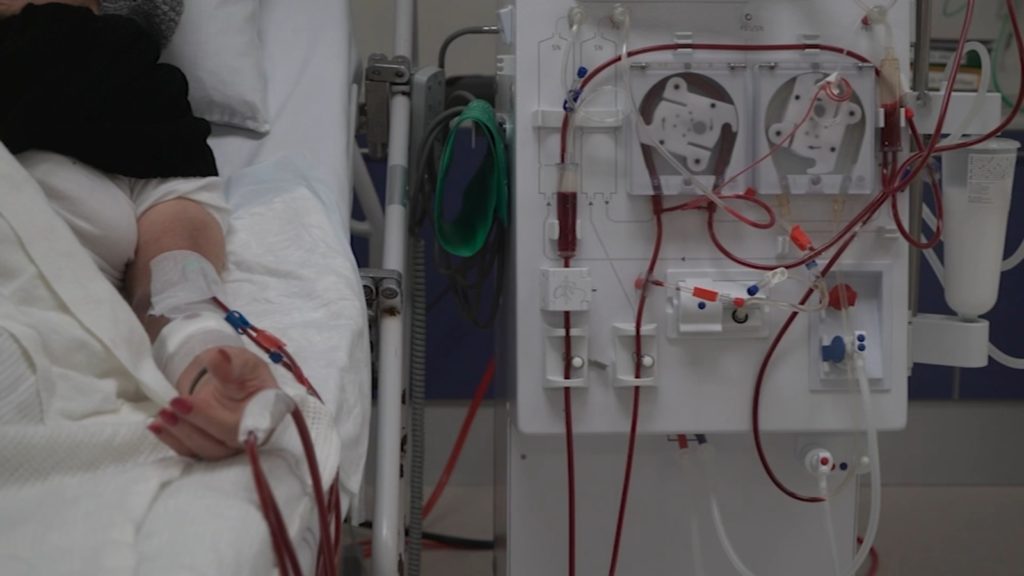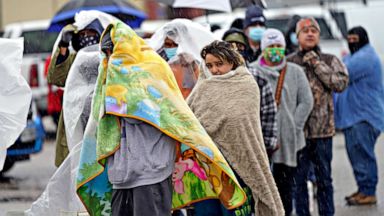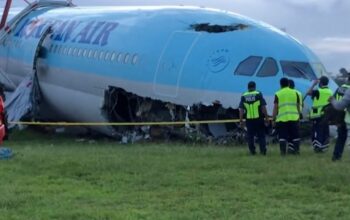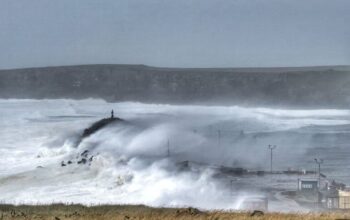‘Disasters within the disaster’ Houston hospitals face compounding crisis due to power and water outages– unprecedented weather.

The following written content by Shelley Childers
HOUSTON, Texas (KTRK) — Houston’s frontline health heroes are dealing with “disasters within the disaster,” a term often used by Harris County Judge Lina Hidalgo, as the unprecedented weather is compounded by power and water shutoffs.
Houston hospitals are filling up, and ambulance calls are reportedly at a 300% increase.
“This is a disaster in every sense of the word, and it’s awful, and people are really suffering,” said ER nurse Rene Fenner.
Fenner, who spent three days living and working at LBJ Hospital in northeast Harris County, says they were prepared for the injuries from snow and ice, but not the massive, long-lasting power outages.

“I’ve had dead people come in with higher temperatures than some of these patients,” said Fenner.
Memorial Hermann Hospital alone has treated more than 100 carbon monoxide cases, many from families using charcoal grills to heat their homes.
“A lot of times we could smell it on them, we could smell the charcoal,” said Fenner.
And as those power outages lingered the cases got worse, just as water shutoffs began too.
“Dialysis machines use water,” said Fenner. “Really without dialysis, a lot of these patients could die.”
With little power and no clean water, private dialysis clinics across the county were forced to shut down.
Patients facing kidney failure and on strict schedules for dialysis three times a week were left with one option: head to the closest hospital.
Emergency centers across the area are now flooded with dialysis patients creating days-long wait times for the lifesaving treatment.
“We have to prioritize them based on their critical need, how close they are to becoming dangerously toxic because of the need for dialysis,” explained Dr. David Callender, President and CEO of Memorial Herman Health System.
“As we get beyond this we really need to look back and think about this truly being a crisis, a public health crisis, and all working together again, that high level of collaboration,” Callender continued. Read more from ABC 13





